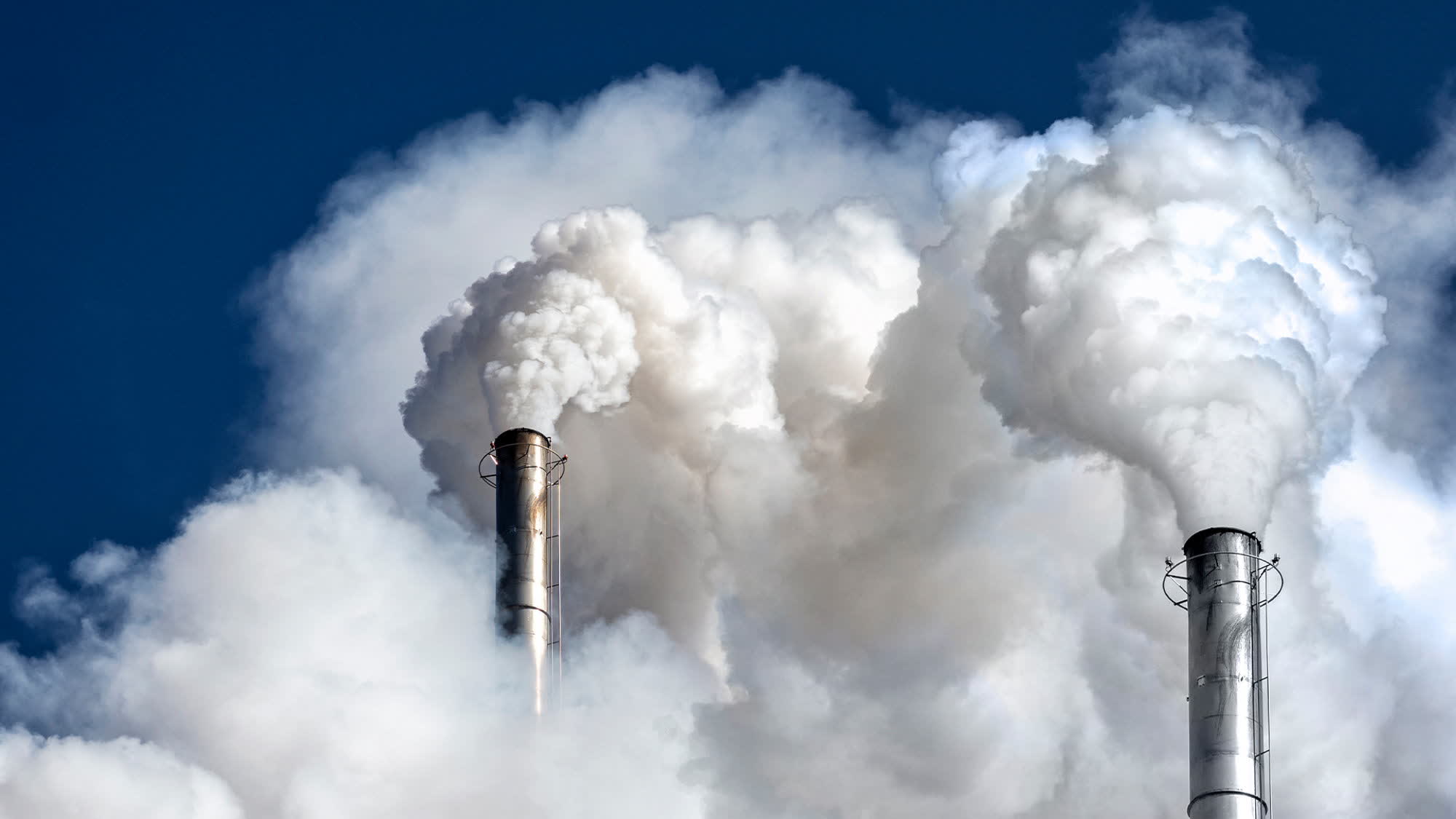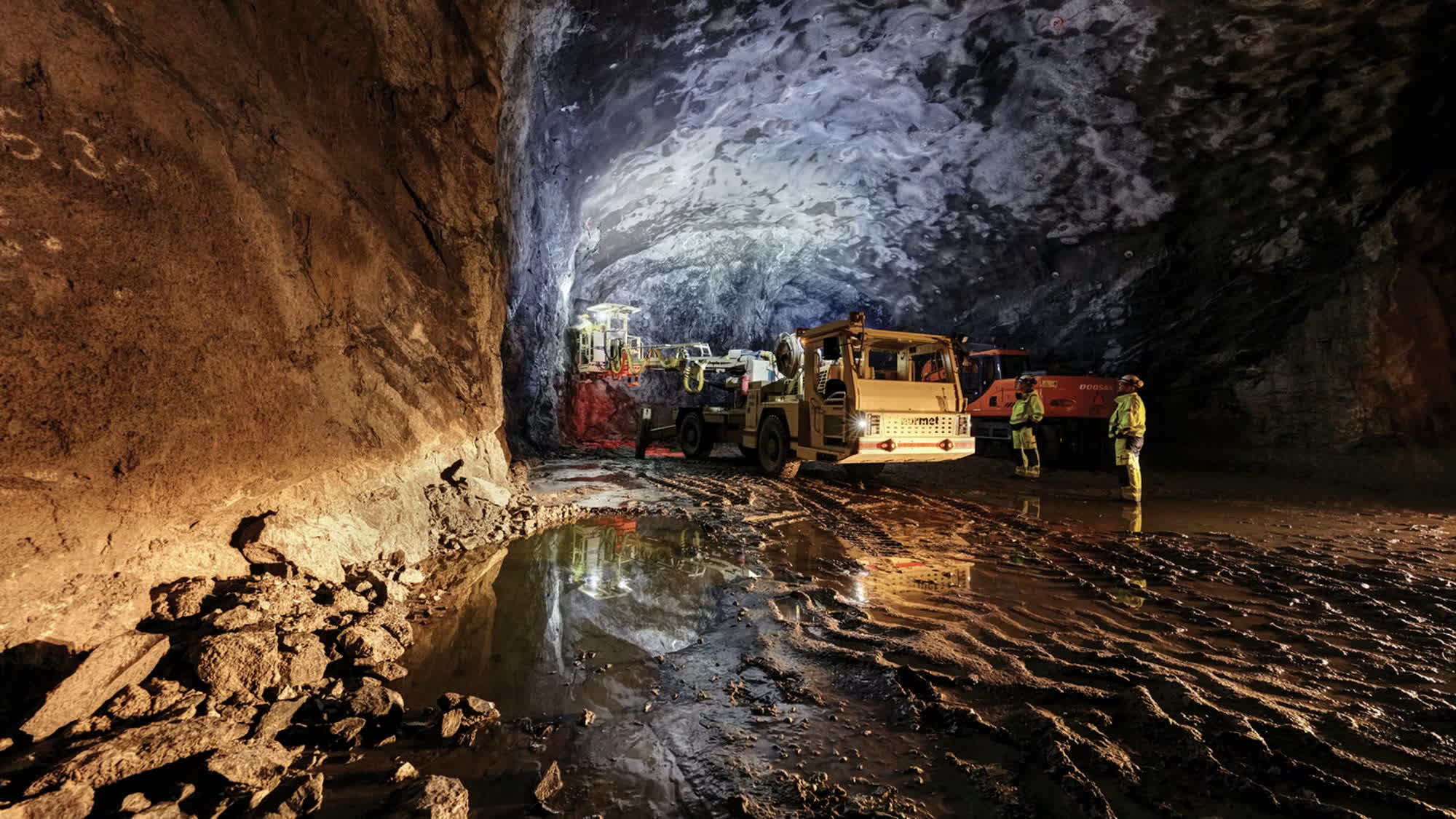Editor's take: Carbon offsetting has become a convenient loophole for tech giants to continue spewing massive amounts of pollution legally. Now, Microsoft is taking a new route to bury its AI-driven emissions guilt: by literally injecting treated sewage into the ground and calling it climate action.

Microsoft has signed a long-term deal with Vaulted Deep to purchase carbon credits in an effort to offset emissions from its growing fleet of AI data centers. Vaulted's specialty? Human feces – or "excess organic material," as the official press release delicately puts it – which the company plans to inject deep underground at sites across the US.
The process is as murky as its inputs: Vaulted collects sludgy organic waste, including biosolids, manure, food scraps, paper sludge, agricultural residue, and, yes, human poop. This mix is then pumped thousands of feet below the surface into stable geological formations, sealed off by layers of impermeable rock, or so the theory goes.
For every ton of waste successfully entombed, Vaulted claims an equivalent ton of carbon pollution has been permanently removed from the atmosphere. Corporations like Microsoft then buy those carbon credits, allowing them to keep running energy-hungry data centers that power AI models while branding it all as "sustainable."

Redmond plans to partner with Vaulted Deep over the next 12 years to remove a total of 4.9 million tonnes of carbon dioxide from the atmosphere. In practice, this means Microsoft will continue powering its AI ambitions with carbon-intensive infrastructure, while Vaulted's "proven" underground poop injection system supplies the carbon credits executives need to purchase a greener conscience.
Carbon offsets like these have been enshrined in international climate frameworks for years, so Microsoft is operating well within legal bounds. Vaulted Deep CEO Julia Reichelstein says there's growing demand for scalable offset solutions, as carbon removal projects begin shifting from prototype to "production."
So far, Vaulted claims to have removed nearly 18,000 tonnes of CO₂ while diverting over 69,000 tonnes of organic waste from landfills and incinerators. Instead, the sludge is pumped deep underground into supposedly stable geological formations.
The company says the method is certified for at least 1,000 years of durable storage. Each carbon credit, Vaulted insists, reflects a "scientifically validated tonne of permanent carbon removal."
But some environmental groups aren't buying it. Critics warn that underground injection could risk groundwater contamination or raise long-term monitoring issues, leaving a potential mess that even Microsoft's PR won't be able to flush away.
Microsoft's climate math gets creative: AI emissions are out, sludge is in